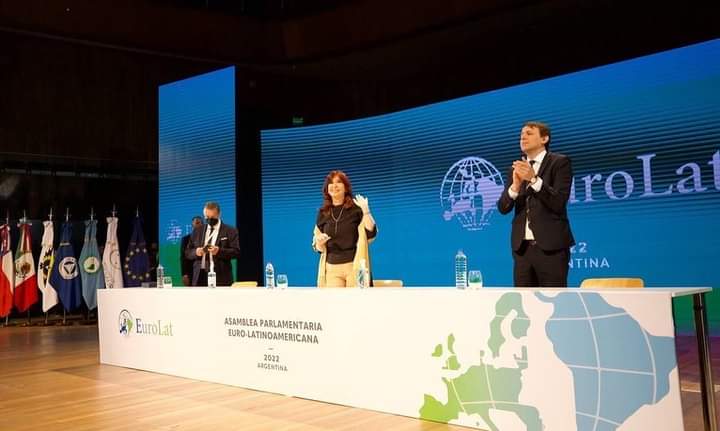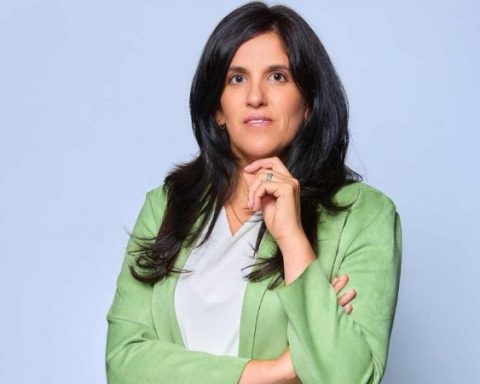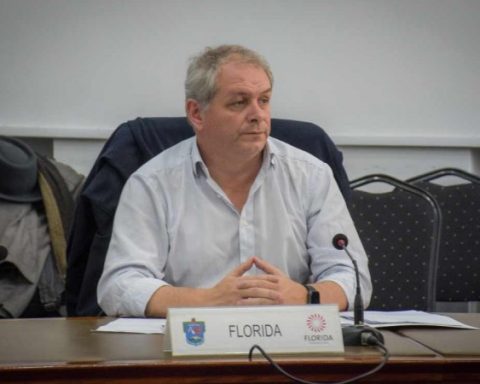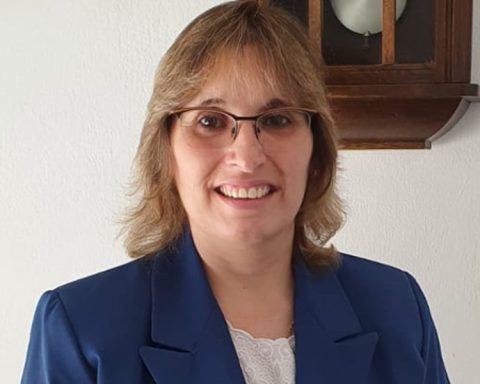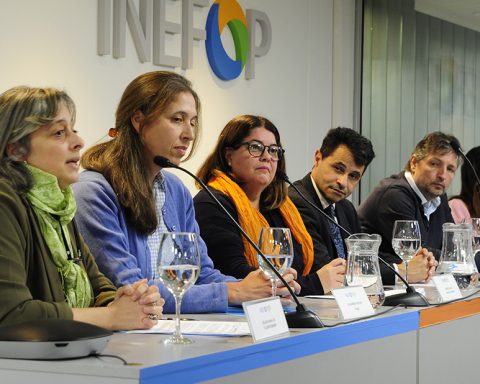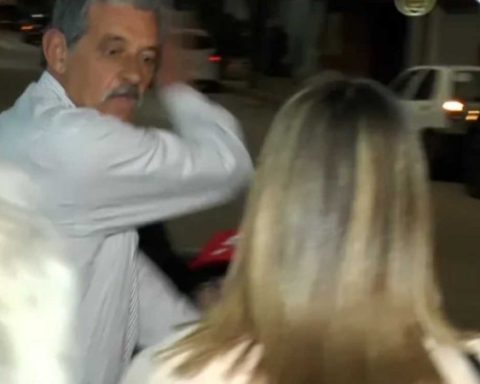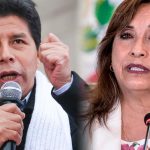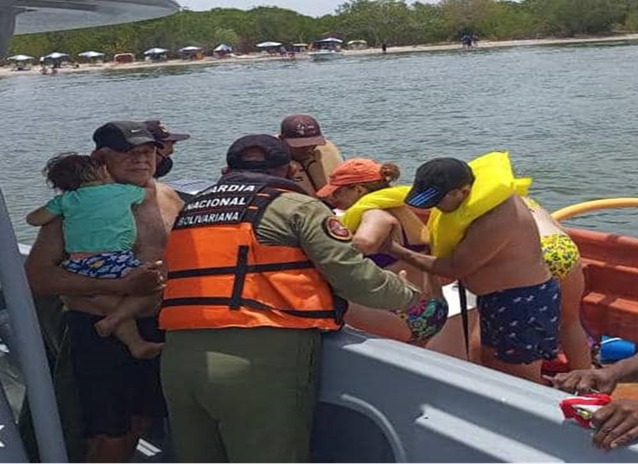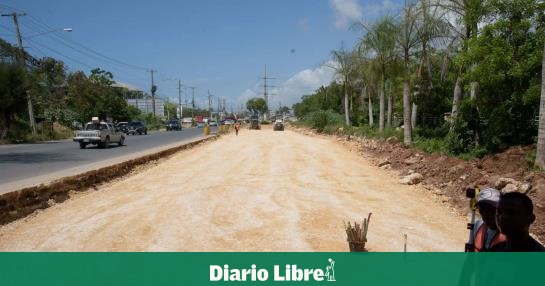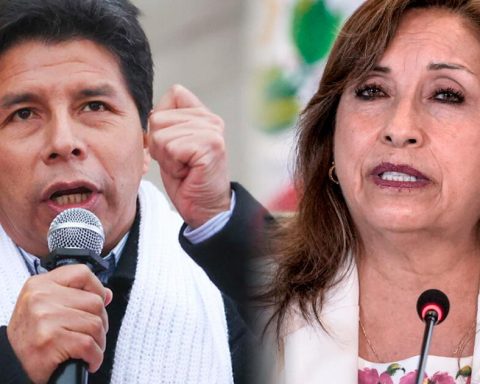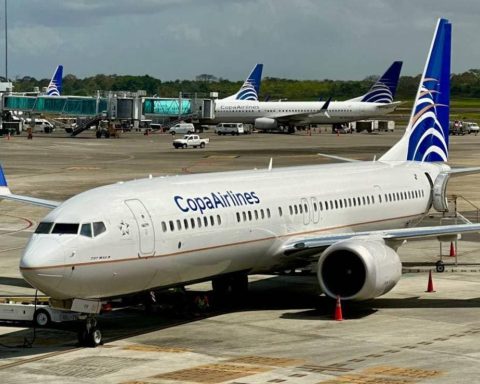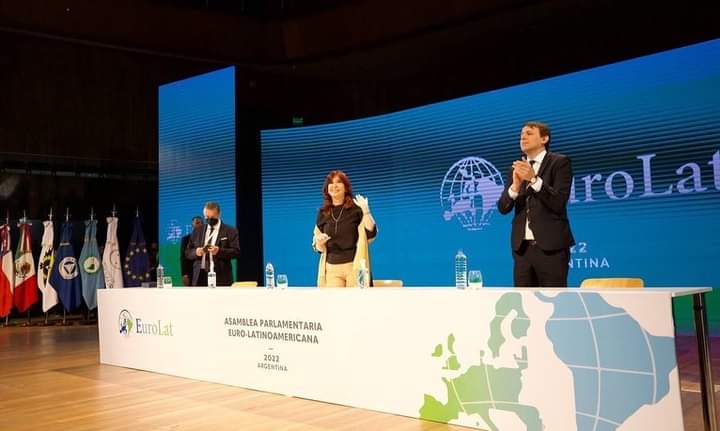
The Euro-Latin American Parliamentary Assembly (EuroLat) met for the first time since the COVID-19 pandemic broke out, within the framework of the relaxation of restrictions around the world, and parliamentary representatives from all over the world came to Buenos Aires this weekend. throughout Latin America and Europe.
Several points were on the agenda, among which two issues stood out: a new call for the resumption of dialogue between Argentina and the United Kingdom on the question of the Malvinas Islands, in accordance with resolutions of the United Nations Organization, and the discussion for the war in Ukraine unleashed by order of Russian President Vladimir Putin.
The Argentine Foreign Minister, Santiago Cafiero, highlighted “the relevance of the Malvinas Question for the Argentine Republic and for our region” when meeting with EuroLat dignitaries. For his part, the Argentine secretary for the Malvinas, Guillermo Carmona, was satisfied and grateful on behalf of the government of Alberto Fernández for speaking out in favor of peaceful dialogue.
He also highlighted the performance of the Argentine parliamentarians in “the search for consensus with the European and Latin American components of EuroLat so that the Malvinas Question is present in the debate”, as well as “the pronouncements of the Assembly held in Buenos Aires.”
The other critical issue to be discussed, the war in Ukraine, was put on the table through four motions presented by the different blocs. The first was from the Spanish deputy, Leopoldo López Gil (father of the Venezuelan opposition leader, Leopoldo López), whose text said that “the international community will ensure that the perpetrators of war crimes are held accountable”, but there were not enough votes to be approved. From this came another motion, also from the European side, which also condemned Russia for what they consider an invasion of Ukraine. There was also no support.
In a third attempt, the Latin American parliamentarians made up of the Latin American Parliament (ParLatino), the Andean Parliament (Parlandino) and the Central American Parliament (ParlaCen) proposed their own motion in which they did not speak of invasion but of “aggression” by Russia against Ukraine, called to “disqualify” the conflict and call for dialogue. There were no negative votes, but the Uruguayan deputy of the National Party, Juan Martín Rodríguez, did abstain.
two visions
The fourth motion of condemnation arose before the impossibility of advancing with the other three: the text was based on the UN resolution that condemned Russia for invading Ukraine. It was presented by the European component, but the representatives of the Latin American leftist parties decided not to give their positive vote. Of the European parliamentarians there were 33 favorable votes, and of the Latin Americans 17. There were 22 votes against and 1 abstention. So the numbers, this motion was not approved either.
Uruguayans raised their hands, Juan Martín Rodríguez and Conrado Rodríguez (Colorado Party); Álvaro Perrone (Open Council); and Rubén Bacigalupe (National Party). For their part, the two from the Broad Front, Daniel Caggiani and Alejandro ‘Pacha’ Sánchez, voted against.
In statements collected by Parlasur, Caggiani stressed that it is important to discuss the issues that are being experienced by the war, such as price increases and migration, because they are “very complex.” “Without a doubt, there is a message from the co-chairs calling for political dialogue, for a ceasefire, and that both Russia and Ukraine can be understood and that the international concert can support the greatest efforts for dialogue without sending weapons from one side but rather aid. humanitarian, especially to the population that is being beaten”, expressed the front winger.
“There were no majorities necessary to have a position because, in our opinion, Europe has a very biased vision supported by the vision of NATO, and especially the United States; It would be good if Europe could have a slightly more autonomous vision of these issues because, in reality, any armed conflict on any of our national or regional borders is very important, and here they should have a little independence,” he added, recalling that the Latin American component presented its declaration with its own vision that does not condemn Russia but rather bets on dialogue.
Colorado Conrado Rodríguez stated that “there were two attempts to make proposals condemning Russia, but with a more neutral tone, which was not accepted” by the Latin American left, and stated that the Kirchnerist sector (from Argentina) “claimed that they did not there was an express sentence”. For his part, the nationalist Juan Martín Rodríguez criticized the “attitude” of some Latin American leftist sectors and other more moderate blocs -such as the Chileans- because “they refuse to vote on a text that includes the UN declaration pressured by Latin American leftists.”
